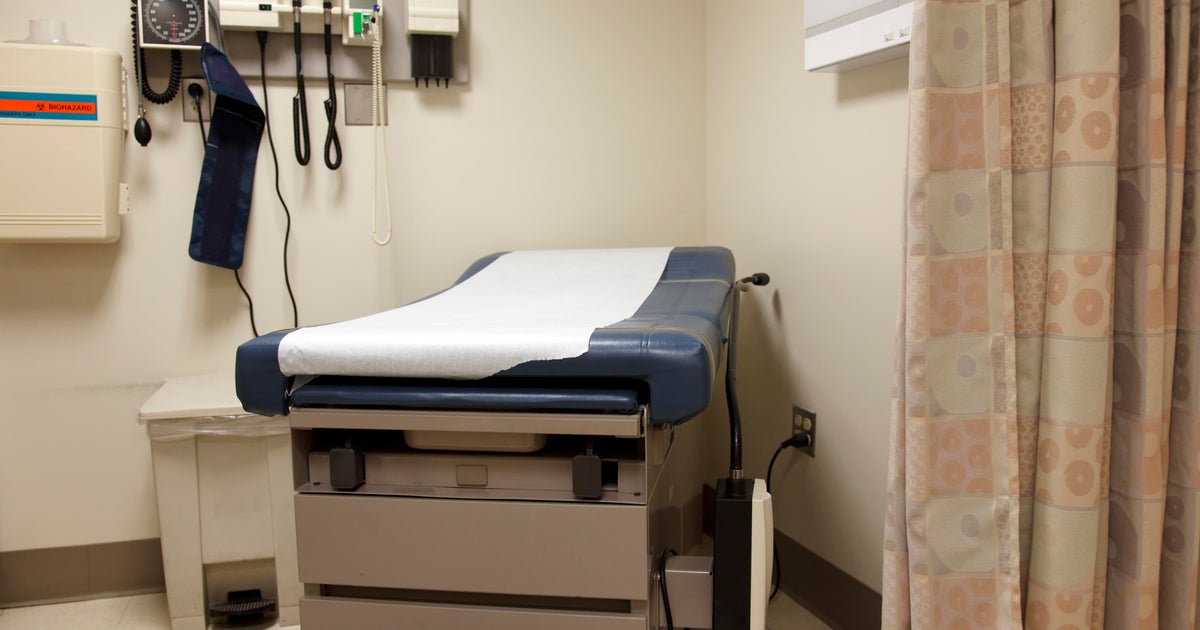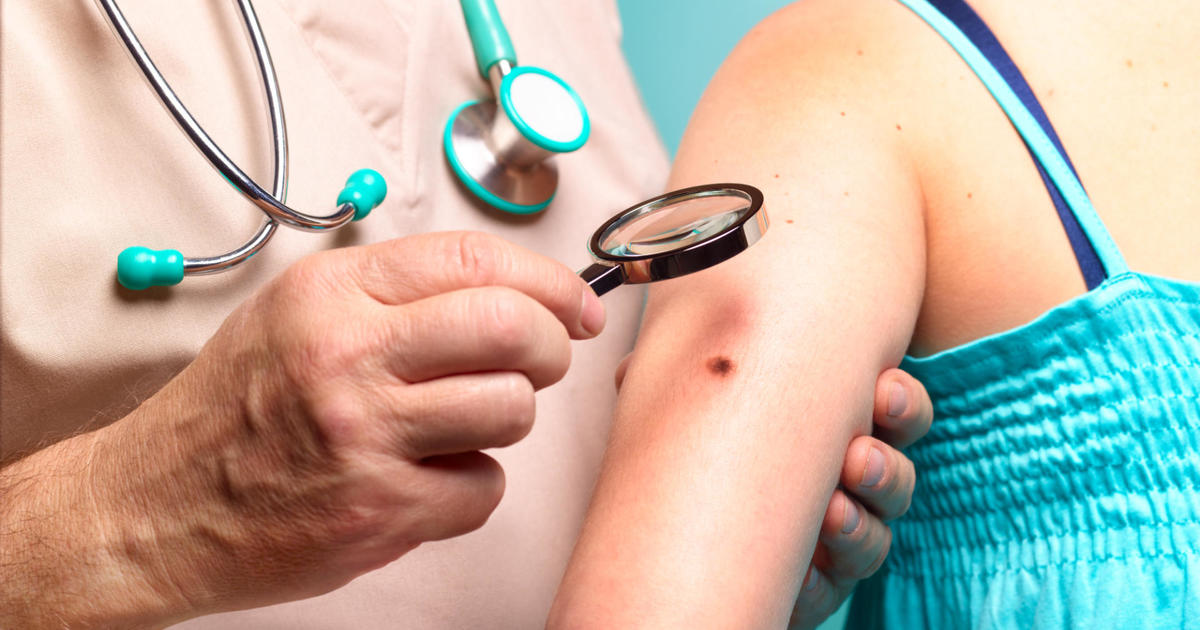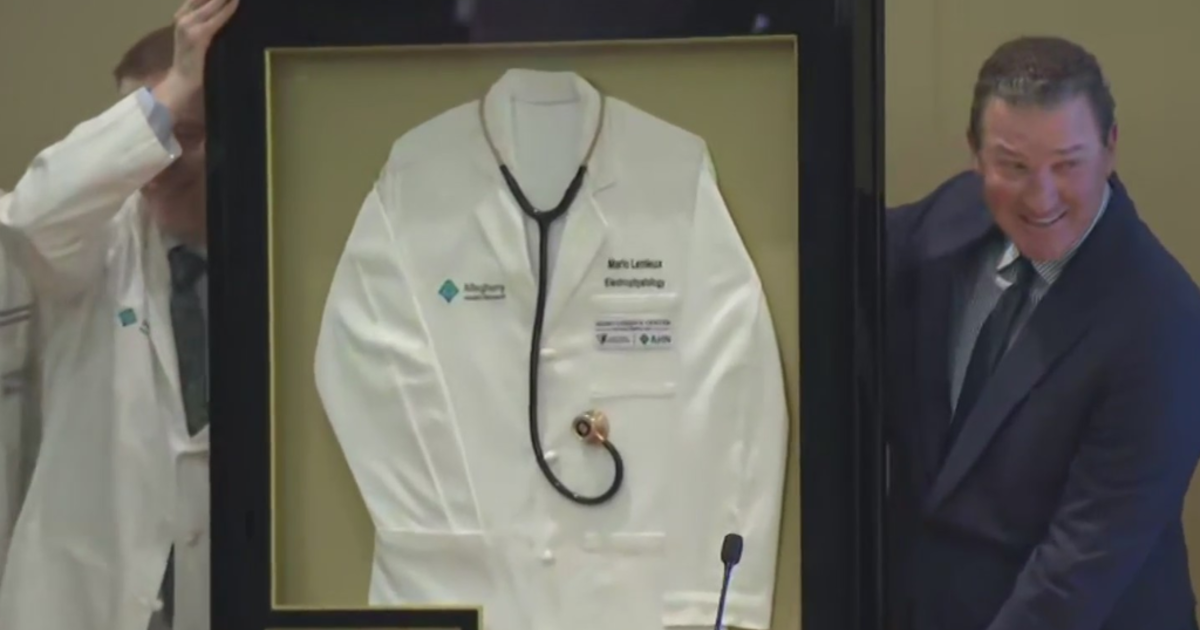Colon cancer cases rising in younger patients
PITTSBURGH (KDKA) - March is Colon Cancer Awareness Month, and there are a growing number of cases in people younger and younger.
No longer can you wait until you are 50 to start worrying about the threat of colon cancer.
Colon cancer caught in its earliest stage has a 90% survival rate. After that, the numbers are not so kind.
The doctors who see and treat colon patients are seeing a disturbing trend.
"[It's] an increase in colon cancer in patients aged less than 50," according to Chief Medical Officer and gastroenterologist at Allegheny Heath Network Wexford, Dr. Katie Farah.
It's not just a few people, either.
"That 18,000 people less than age 50 will be diagnosed this year."
Dr. Farah said the horizon is no brighter.
"The projections are that by 2030, colon cancer will increase by 90% in patients less than age 35 and by 124% for rectal cancer."
African Americans run the greatest risk, but another subset of the population is on a worrying trend.
"We're seeing a huge spike in the younger, white population," Dr. Farah said.
While stage I is 90% survivable, the longer cancer goes unchecked, the bigger the problem it can be.
"It is; once it gets to the advanced stages when you delay screenings, is when we see stage III and stage IV, which have a much worse prognosis overall and are not curable at that point."
The No. 1 risk factor is heredity, meaning mother, father, sister, or brother, and if you have it in the family, talk to your doctor about whether early screening is something you should consider.
Recently, the recommended age for screenings was lowered to 45, but if you have a family history, talk to your doctor nonetheless.
Colon cancer has long been described as a silent killer.
That's because it can go undetected until it's too late. It is easy to miss it or dismiss the symptoms as something else.
Many symptoms could be dismissed as an upset stomach or issues further south.
"Some of those include rectal bleeding, potentially abdominal pain, altered bowel habits, constipation versus diarrhea, anemia, or low blood count, and of course, weight loss," said Dr. Farah.
Any of the above, especially blood, and Dr. Farah said to consult a doctor.
"Stage I colorectal cancer has a 90% cure rate," Dr. Farah added.
After that, the prognosis is bleak.
"About 20 to 25% of colorectal cancer cases are due to genetics and family history alone."
While Blacks run the highest risk, doctors are seeing a spike in the white population under 50, and men have a 33% higher risk than women.
How can you avoid colon cancer to the best of your ability?
"Get your screening done first, at age 45. The second issue is dietary habits, and so a diet high in fruits and vegetables as well as avoidance of tobacco use," according to Dr. Farah. "The sedentary lifestyle; the lack of exercise and obesity seem to be some of the biggest control issues that we can control outside of our genetics."
Once you have the test, what they find will determine how often you need to be tested going forward.
It could be one to seven years or not for 10 years.
The idea of a colonoscopy is intimidating, right?
No question, but they've improved the methods of prepping, and they pretty much put you out, so you never feel a thing.




